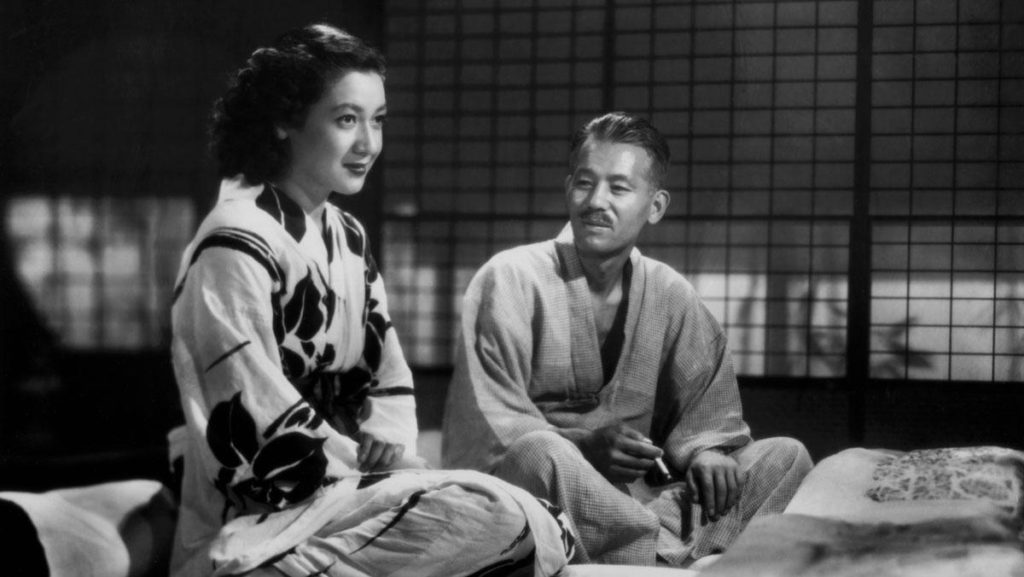
Yasujiro Ozu’s LATE SPRING (1949) is the story of Shukichi, a widowed professor, and Noriko, his unmarried twenty-seven year-old daughter who lives with him and has recently recovered from an illness. The two get along extraordinarily well, and Noriko is content to care for her father’s needs while he works on overdue manuscripts. There is none of the typical inter-generational friction—they happily enjoy each other’s company. When Noriko’s aunt begins to press her and her father that Noriko should be married off, the word “happiness” becomes a bit of a cudgel used by and against a father and daughter who were themselves content to preserve a status quo that, by definition, can’t last forever. The film builds to a subdued climax in which the nature of familial sacrifice and duty are held up as obstacles to experiencing the fruits of love. — Russell Lucas.
Directed by: Yazujiro Ozu
Arts & Faith Lists:
2019 Top 25 Films on Growing Older — #2